Passage au crible
A short Critical Analysis of International Current Affairs
The intention of the critical analysis reports Passage au crible on international current affairs is to encapsulate and clarify the mechanisms of world affairs. Using a transnational approach, the reports are delivered in a concise and educational format each week proposing:
1) A brief and factual reconstruction of a significant event;
2) Historical context;
3) A theoretical framework which gives the non-specialist, with an interest in international relations, access to an approach which goes further than the simple empirical descriptive approach.
4) A specialist’s analysis;
5) A short bibliography providing key references – official documents, books, articles – by recognised specialists on the matter.
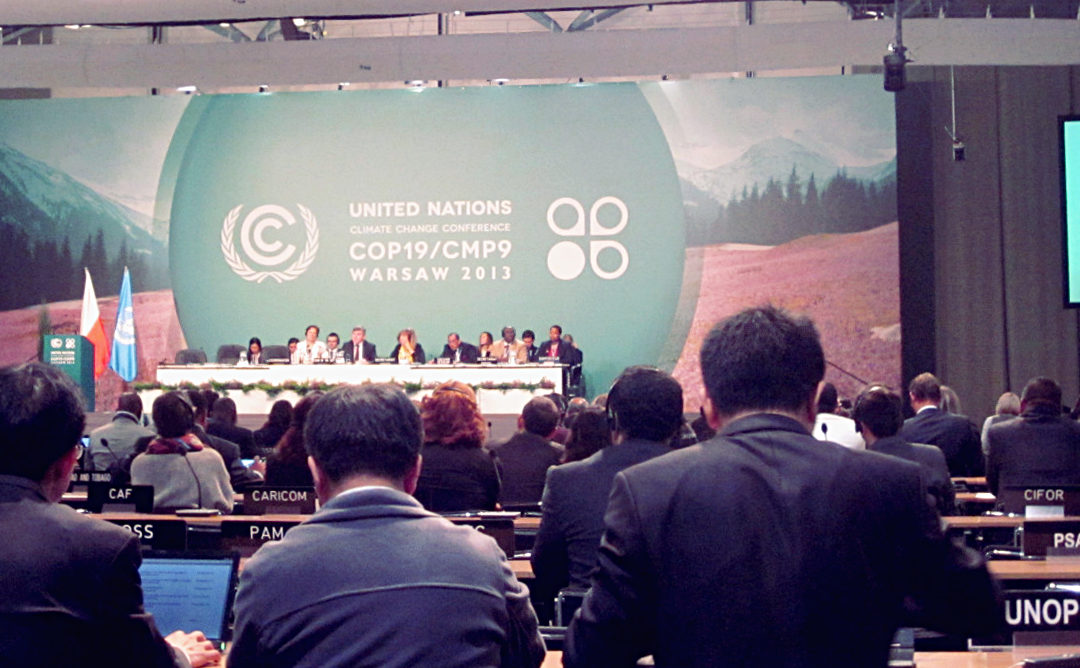
PAC 102 – NGO’s Boycott, Defensive Diplomacy The Warsaw Global Warming Conference
By Weiting Chao
Translation : Lawrence Myers
Passage au crible n°102
From November 11-23 2013, the 19th session of the Conference of the Parties (COP 19) in the United Nations Framework Convention on Climate Change (UNFCCC) was held in Warsaw and the 9th session…

PAC 101 – Afghanistan Grappling with the Transnational Trafficking of Opiates The UNODC’s Alarming Analysis
By: Michaël Cousin
Translation: Lawrence Myers
Passage au crible n°101
On November 13, 2013, the United Nations Office on Drugs and Crime (UNODC) published its latest report and gave an alarming analysis concerning Afghanistan…
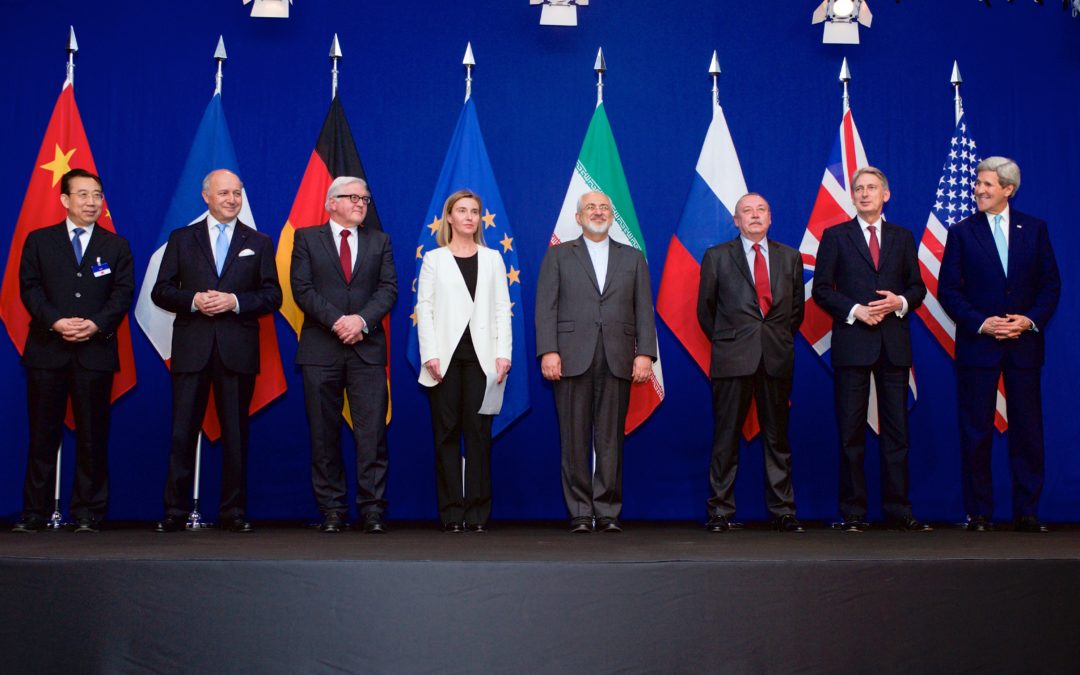
PAC 100 – Reciprocal Concessions for a Common Uncertainty November 24, 2013: The Temporary Accord on the Iranian Nuclear Program
By: Josepha Laroche Translation: Lawrence Myers Passage au crible n°100 Source : Wikipedia After ten years of successive failures, a temporary accord on the Iranian nuclear program was signed in Geneva on November 24, 2013, between Iran – by Mohammed Javad Zarif – and the representatives of the group 5+1, namely the five permanent members of the Security Council (China, the United States, France, the United Kingdom, Russia) and Germany. This document predicts a renewable period of six months before final negotiations will be undertaken. For the moment, the participating parties have agreed on a substantial deceleration of the Iranian nuclear program. It has therefore been established that its uranium enrichment cannot exceed 5%, and this in order to distance the spectrum of a military nuclear program. As for the existing stock of uranium already – enriched to 20% near the military level – it will have to be neutralized. Lastly, the planned new centrifuges must remain non-operational. Similarly, it will be necessary to stop the work in progress relative to heavy water. In return for this series of obligations, Iran will obtain a partial lifting of the sanctions that until now have been weighing it down. For example, the country will be able to access previously inaccessible funds, which reached 4 billion dollars. However, the essential aspects of the embargo measures remain in place, in particular those concerning the exportation of oil and financial transfers from Iran. It is certain that this conversation constitutes a first step towards the appeasing of tensions, but it remains entirely reversible. > Historical background > Theoretical framework > Analysis > References Historical background The NPT (Treaty... read more
PAC 99 – The Central African State Dominated by infra-State Forces France’s Military Intervention
By Philippe Hugon
Translation: Lawrence Myers
Passage au crible n°99
On December 5, 2013, under Chapter VII of the charter, the United Nations Security Council unanimously voted for a resolution authorizing French intervention in the Central African Republic…
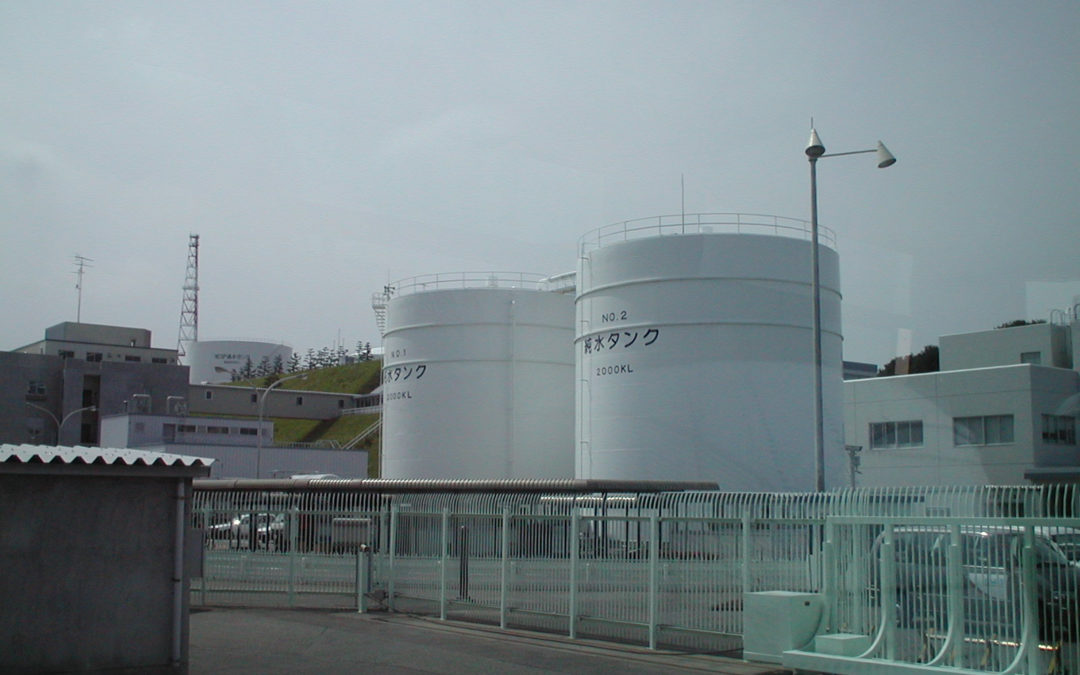
PAC 98 – The Return of the State as a Risk Factor Japanese Authorities’ Management of Fukushima Disaster
By Clément Paule
Translation: Marion Marchet
Passage au crible n°98
The removal of more than 1,500 nuclear fuel rods immersed in the reactor 4’s pool of Fukushima Daiichi’s damaged plant – a huge enterprise expected to last about a year – has started…

PAC 97 – A Private Contribution to Israeli Diplomacy The creation of the global media i24News
By Adrien Cherqui
Translation: Lawrence Myers
Passage au crible n°97
i24News has just been created. This new international news station is based in Tel Aviv. Since July 17, 2013, it broadcasts news in French, English and Arabic for Europe, the Middle East, Africa and China…

PAC 96 – The Infiltration of Criminality into Drug Production The IRACM report (Institute of Research Against Counterfeit Medicine)
By Michaël Cousin
Passage au crible n°96
On September 25, 2013, the IRACM (Institute of Research Against Counterfeit Medicine) presented a report on counterfeit medicine as organized crime. This study intended to better expose…
PAC 95 – The Dangerous Policy of Immigration Control The Shipwreck of Lampedusa
By Catherine Wihtol de Wenden
Translation: Lawrence Myers
Passage au crible n°95
The drama in Lampedusa, followed by new arrivals between Malta and Lampedusa, have since October 2013, led to new international negotiations on migration politics, both on the European…

PAC 94 – The African Union’s Ambivalence in the Face of International Justice Summit of the African Union, October 11-12, 2013
By Yves Poirmeur Translation: Lawrence Myers
The trial of Kenyan vice president, William Ruto, began in front of the ICC (International Criminal Court) on September 10, 2013. The same will be true for the Kenyan president, Uhuru Kenyatta, on November 12…
read more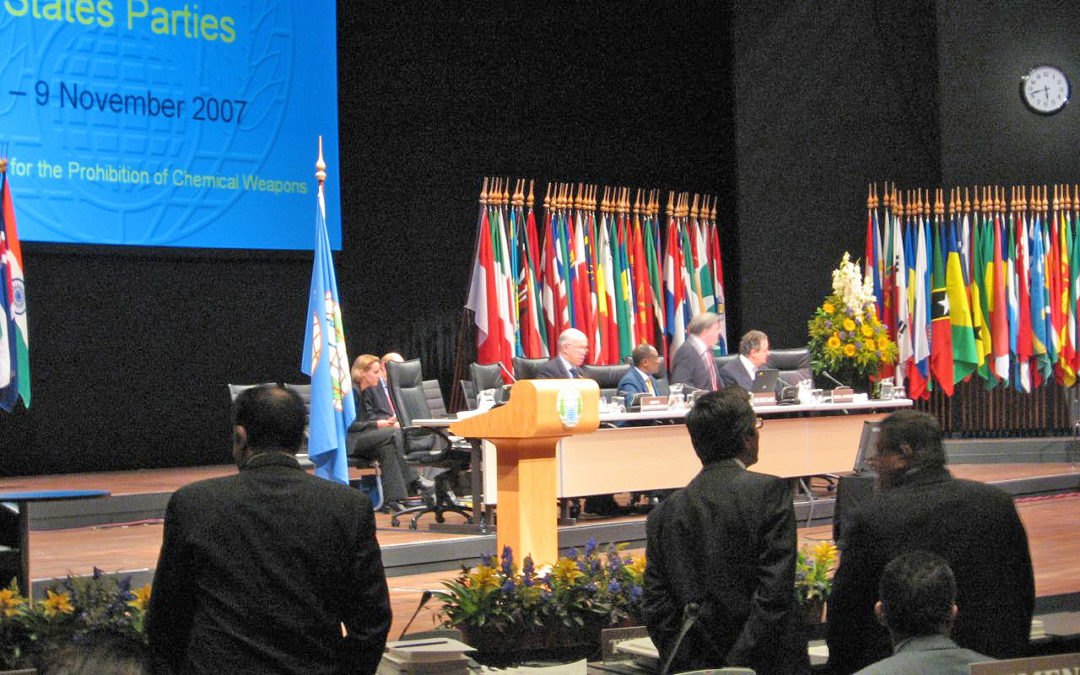
PAC 93 – The Nobel Diplomacy as a Symbolic Interventionism The Nobel Peace Prize Awarded to the OPCW (Organization for the Prohibition of Chemical Weapons)
By Josepha Laroche
Translation: Frédéric Ocrisse-Aka
Passage au crible n°93
While for several weeks, all international media were expecting the young Pakistani activist Malala Yousufzai to be the next recipient, it is finally the OPCW that received…
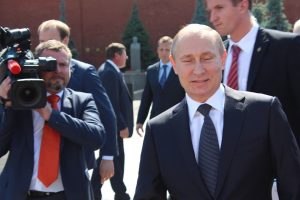
PAC 92 – Transnational Mobilization of Political Weakness Repression of sexual minorities by Russian authorities
By Michaël Cousin Translation: Lawrence Myers
On June 30, 2013, Vladimir Putin announced a law against “propaganda encouraging minors to accept non traditional sexual relationships”. This law aims to prevent LGBTI activists…
read more
PAC 91 – A Weak Cultural Exception in the Face of the Global Commodification Transatlantic Negotiations on a Future Free Trade Agreement
By Alexandre Bohas Translation: Frédéric Ocrisse-Aka
Transatlantic discussions to reach a free trade agreement were disrupted in spring 2013 by a new blocking in the cultural sector. Recently, a new showdown took place during the first talks on the proposed free trade agreement…
read more
PAC 90 – Volkswagen: The “Made in Germany” Label Hegemony A Globalization undermined by National Identities
By Alexandre Bohas Translation: Anton Stzepourginski
The Western automotive industry is going through an unprecedented crisis. However, the Volkswagen Group doesn’t seem to be affected judging its growing expansion…
read more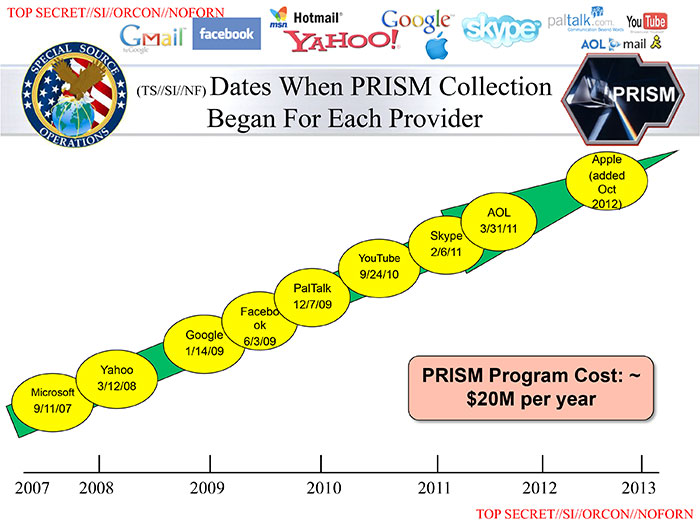
PAC 89 – United States’ Digital Surveillance And Clandestine Predation PRISM’s Power in Cyberspace
By Adrien Cherqui Translation: Anton Stzepourginski
The American program PRISM (Planning Tool for Resource Integration, Synchronization, and Management) which collects Internet users’ personal data has been making…
read more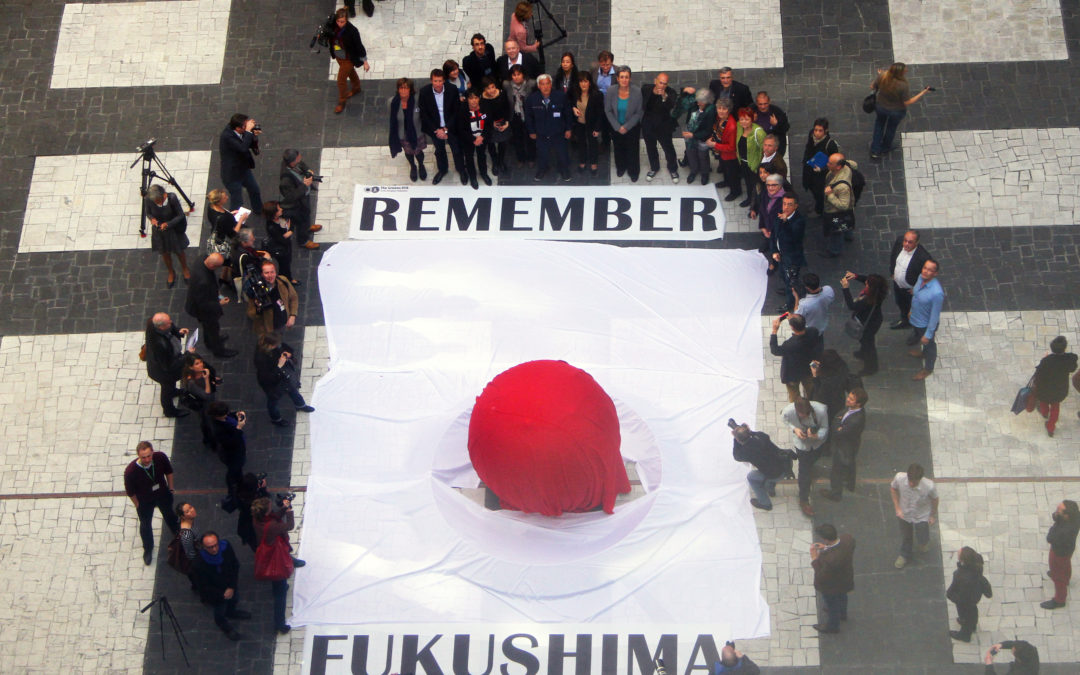
PAC 88 – Fukushima: A Domestic Catastrophe A Global Challenge April 2011–April 2013
By Clément Paule
Translation: Anton Stzepourginski
Passage au crible n°88
At the beginning of April 2013, there were several radioactive leaks near Fukushima where a nuclear catastrophe had happened two years earlier. According to TEPCO (Tokyo Electric Power Company)…
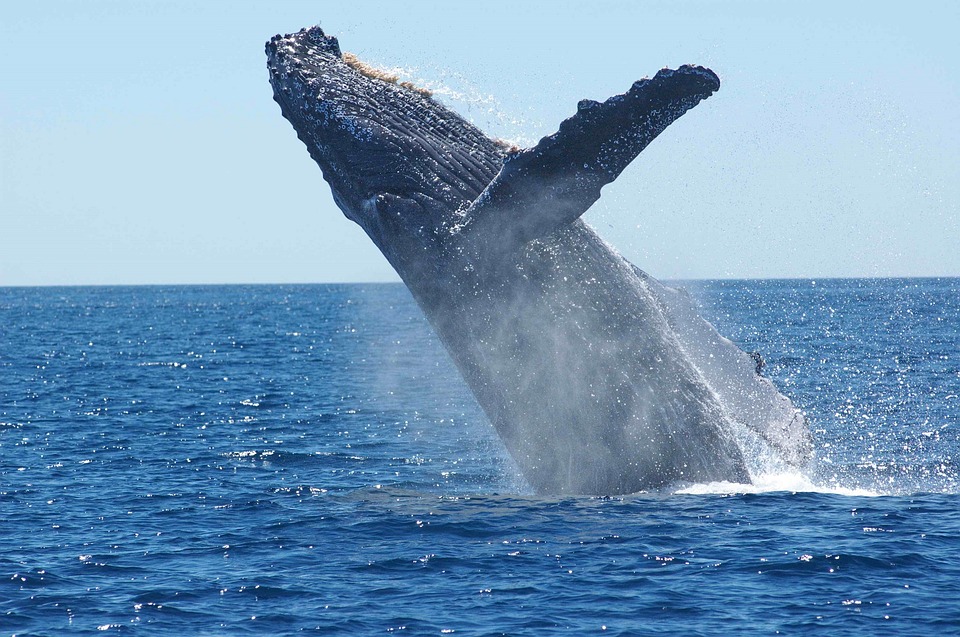
PAC 87 – Biodiversity At Risk: The Role Of State Sovereignty The 16th Conference of the parties to CITES, Bangkok 3-14th March 2013
By Valérie Le Brenne
Translation: Anton Stzepourginski
Passage au crible n°87
Between the 3rd and the 14th of March 2013, Bangkok held the 16th conference of the parties to CITES (Convention on International Trade in Endangered Species of Wild Fauna and Flora)…

PAC 86 – A Shady Agri-food Sector: Food Safety On A Thin Line The horsemeat scandal: January-March 2013
By Clément Paule
Translation: Anton Stzepourginski
Passage au crible n°86
On the 19th of March 2013, the French company Spanghero was, once again, charged with presumed fraud. Indeed, 57 tons of British sheep meat – which import is forbidden within the EU (European Union)…

PAC 85 – Dramatic Script in North Korea 12th of February 2013: North Korea’s third nuclear test since 2006
By Thomas Lindemann Translation: Anton Stzepourginski
On the 12th of February 2013, the DPRK (Democratic People’s Republic of Korea) conducted its third nuclear test after 2006 and 2009. This was immediately followed by an emergency…
read more
PAC 84 – The Asymmetrical War in Mali The international donors’ conference
By Philippe Hugon
Translation: Anton Stzepourginski
Passage au crible n°84
On the 28th of January 2013, an international donor conference opened at the AU (African Union) headquarters in the Ethiopian capital Addis Ababa in order to finance the deployment of an African stabilization force…

PAC 83 – The Dakar Rally Raid 2013 A Globalised Sporting Trespass
By Josepha Laroche Translation: Anton Stzepourginski
Owned by Amaury Sport Organization, the Dakar rally raid (ex Paris Dakar) started on the 5th of January and ended on the 20th. It includes three types of vehicles: motorcycles, cars and trucks. It is the biggest off-road…
read more
PAC 82 – Worldwide Anarchy in the Mobile Phone Market Patent War between Smartphone Manufacturers
By Justin Chiu
Translation : Anton Stzepourginski
Passage au crible n°82
On the 21st of December of 2012, the Samsung company was addressed a warning by the European Commission. This action was taken against an abuse by Samsung of its dominant position judging…

PAC 81 – The American Globalisation of the Internet The Failure of the Dubai Global Summit on Telecommunications
By Alexandre Bohas
Passage au crible n°81
The ITU conference (International Telecommunication Union) ended in December 2012 by a disagreement among Member States concerning the type of regulation for the Internet. However, this lack of consensus turns out to be decisive for the future of the sector while it reveals antagonisms of powers and worldviews…
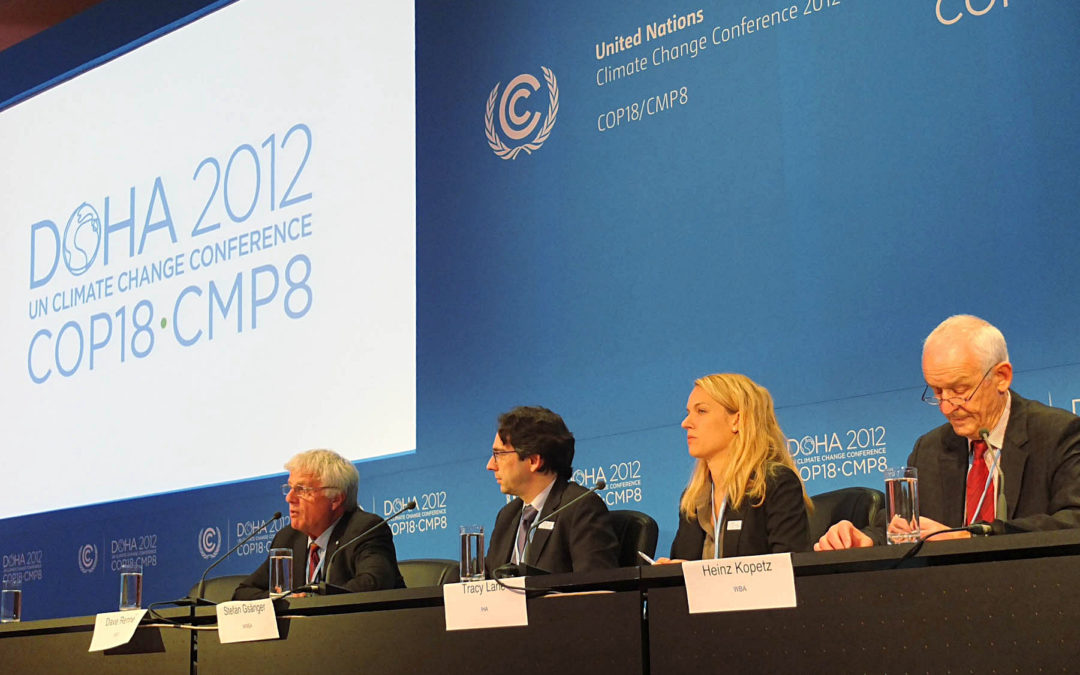
PAC 80 – The triumph of Harmful Free Riders The 2012 Doha Conference on Climate Change
By Weiting Chao
The 18th session of the Conference of the Parties to the UNFCCC (United Nations Framework Convention on Climate Change COP 18) and the 8th session of the Conference of the Parties serving as the Meeting of Parties to the Kyoto Protocol (CMP8) took place…
read more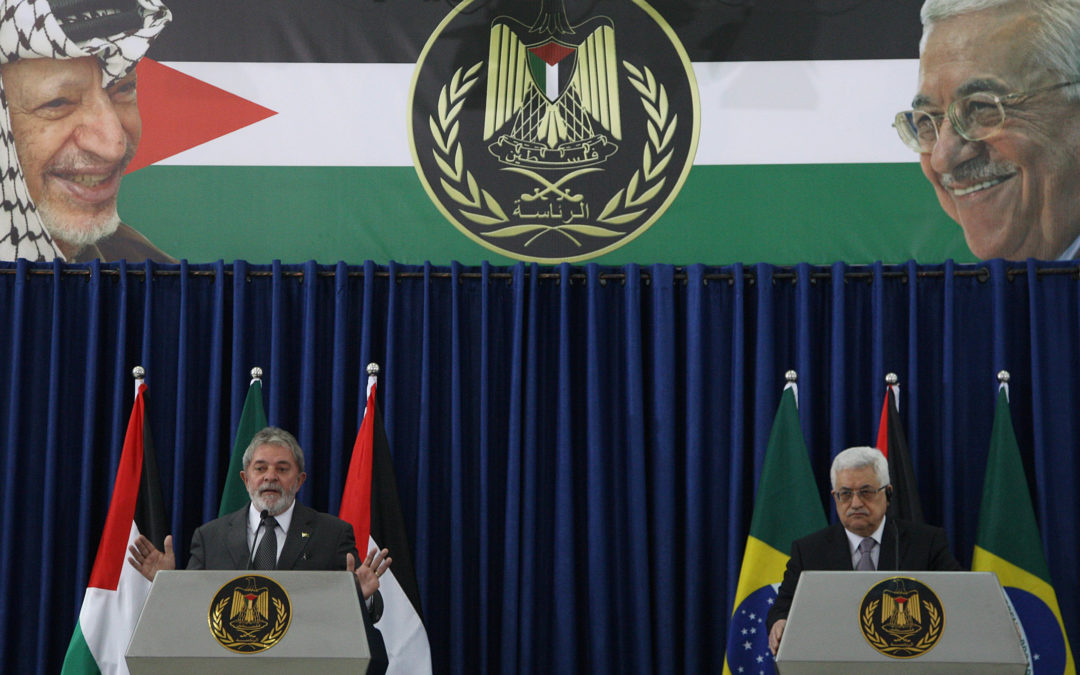
PAC 79 – The Symbolic Potential of International Recognition A Non-Permanent-Member Statehood for Palestine in the UN
By Josepha Laroche
Translation: Pierre Chabal
Passage au crible n°79
On 29 November 2012, Palestine became a non-State member of the UN, thus benefiting from the same status as the Vatican. 138 states voted in favor of its candidacy, allowing it to move from the status of “entity” …

PAC 78 – The Political Success of a Militant Counter-Assessment The Controversy over the Toxicity of GMOs
By Clément Paule
Translation: Pierre Chabal
Passage au crible n°78
Published on September 19, 2012, the study led by Gilles-Eric Séralini – professor of molecular biology at the Caen University, France – revived the debate on GMOs (Genetically Modified Organisms) and their use in the food…



